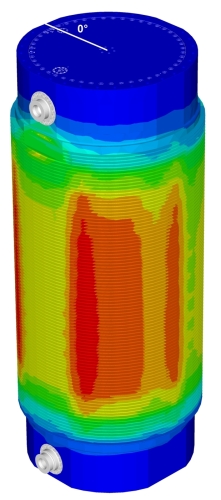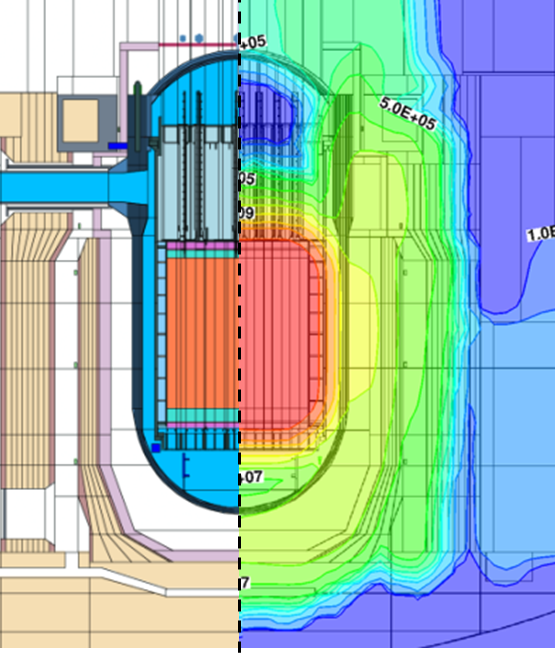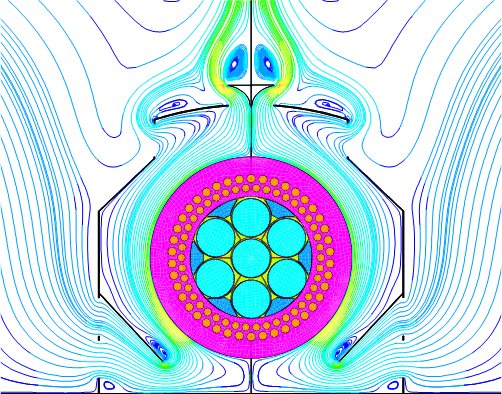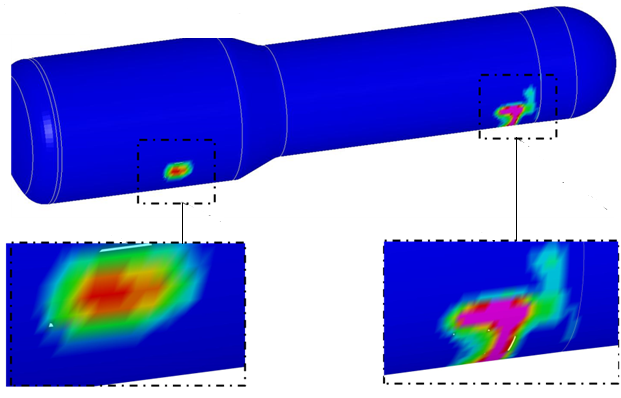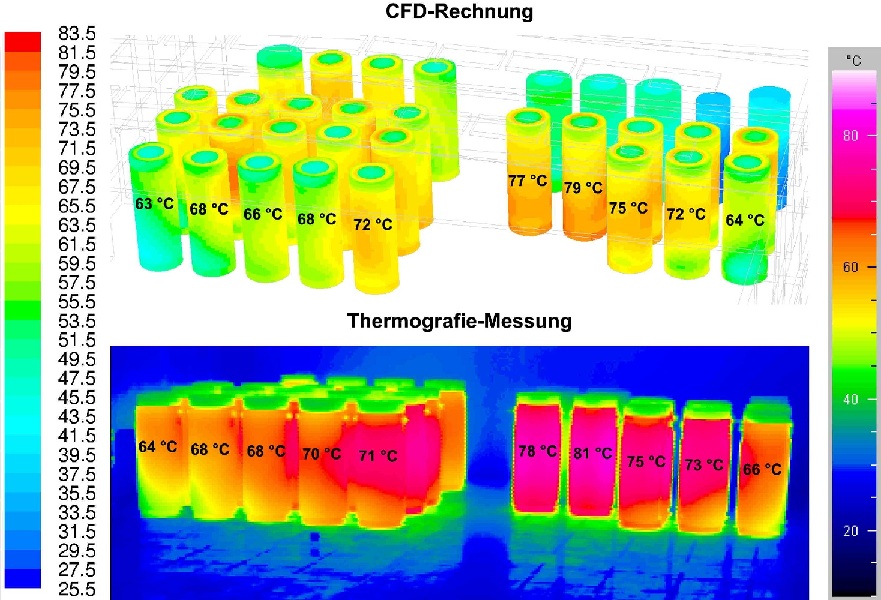Calculations
The competence of WTI covers the nuclear topics shielding, criticality safety, nuclide build-up, activity retention and release, thermodynamics, fluid dynamics and mechanics.
WTI uses a powerful computer infrastructure. The participation in international benchmarking projects demonstrates our permanent competence.


